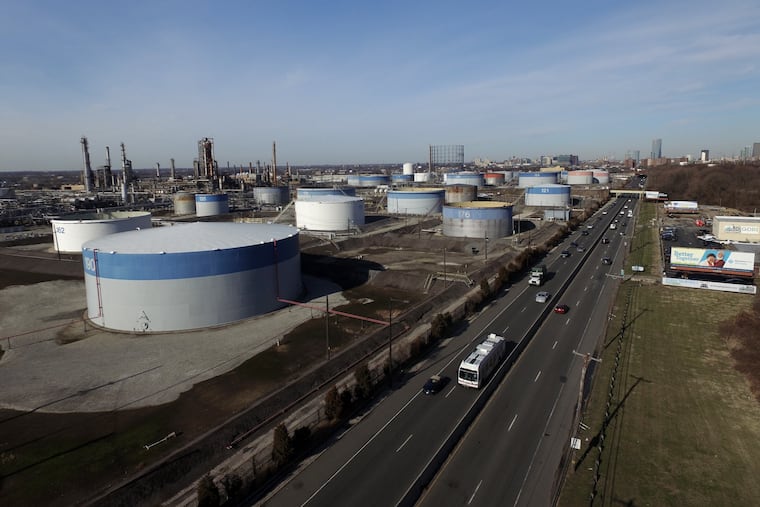Hilco’s refinery plan will help Philly and its schools | Opinion
A no vote could throw away thousands of jobs, further the health risks of residents, and likely deter other companies from considering Philadelphia as a place to do business.

On September 17, the School Board will have the opportunity to vote on a transformational project that promises to create 19,000 jobs in Philadelphia at a time when over 200,000 unemployment claims have been filed in the region, many by low-income and Black and brown residents. During the process of seeking approval from the School Board for a tax abatement through the Commonwealth’s Keystone Opportunity Zone (KOZ) program, the Hilco development of the former refinery site has sparked important discussions about tax abatements, the dearth of diversity in the trades, and the role that developers should play in solving societal ills.
When the School Board voted no August 20 on Hilco’s proposal to give payments in lieu of taxes (PILOTs), they made a clear statement that tax incentives will no longer be allowed without commensurate community benefit and intentionality around diversity and community revitalization.
As a school board member in a nearby district, I understand the significance and challenges of the School Board’s position. It should be commended for standing up for the students they have taken an oath to serve. As a property owner in Grays Ferry, I also appreciate the board’s desire to support disadvantaged communities that have long suffered from disinvestment and environmental degradation. However, it is important to consider another side to the current narrative about incentives and development.
» READ MORE: Philly school board rejects tax break for Hilco’s redevelopment of former refinery site
As President and CEO of The Badger Group, an African American-owned development firm, I also know the challenges of doing business in this city. The cost of development in Philadelphia is high in comparison to some peer cities, yet we cannot command the rents of New York, Washington, D.C. or Boston. Often, incentives are the only way to make a deal financially feasible. For a site like the former refinery, where Hilco has stated that up to half a billion dollars will be invested into remediating the heavily polluted property, it will take years before Hilco even turns a profit. Without KOZ benefits, we should not underestimate the real possibility that they may choose to pull out of the deal, leaving the city with a massive, contaminated and vacant site—and even the potential of a new owner returning it to its former use as a refinery.
Hilco has committed to 50% minority contractual and workforce participation, with an additional 50% commitment to local employment. It has also committed to supporting 25 Career Technical Education (CTE) graduates each year in entering apprenticeships with the trades. Further, Hilco will complete an entirely new student commitment protocol that requires all KOZ beneficiaries state their commitment to students related to exposure, experience, and job opportunities.
In addition to the thousands of jobs promised for residents, many of whom live in nearby communities, the School District will collect more revenue than it would have absent a KOZ. Several opponents have made claims that the PILOTs leave the School Board with less revenue, but these claims are misrepresentations—110% of the assessed real estate taxes for the entire landmass (not just the KOZ) would be paid through the PILOT, which will create greater tax revenue for the school district. Further, wage taxes on new jobs will not be abated and will generate millions of dollars in new revenue during a time when the City’s coffers are in dire need. Currently, there are no other taxes are being collected on the site.
» READ MORE: Philly school board already voted against a Hilco tax break. It should do so again. | Opinion
The School Board has made an important statement tied to significant new policies, such as requiring School District authorization for the City to apply to the state seeking further abatement of taxes under the KOZ program. But Hilco has stepped up to meet the new expectations and demands of the Board. Developers like me are also paying close attention. We are ready to heed the call and play our part. But we also know that we alone cannot solve the decades-old problems in the city and remain in business. The solution rests with all of us, working together, to help move our city forward.
The School Board should claim this victory and vote yes on Thursday. A no vote could throw away thousands of jobs, further the health risks of residents, and likely deter other companies from considering Philadelphia as a place to invest in and do business.
Paul Badger is the President and CEO of The Badger Group, a real estate firm specializing in development, investments, and sales.
» READ MORE: Philly’s school board should keep blocking Hilco from tax breaks | Opinion